On this blog, we preach financial resilience and freedom – I don’t just preach it and believe that you should have a main day job and side businesses to allow you to weather any storms in life, I live my life with this philosophy too.
My budgeting and financial planning strategy is a SIMPLE 80/20 rule – Spend 80% of your hard earned money on bills/luxuries/giving to others (or less!) and invest in yourself and your future with the remaining 20%. That means investing in passive and active investments.
Interested in finding out more, check out these other posts:
How to Calculate your Financial Freedom Exact amount goal?
How to set Goals that you can achieve
Let me add all the financial advice in my blog and posts are purely my own opinion and not a guide for your own life and money.
You must take time to research every option yourself fully before considering them, as this is your money and you are responsible to make it work as smartly as possible for yourself.
I will break down all the ways I have or currently make money, outside of my main day job, and invest in my fortune.
Remember our rule here is
My first way to get started with Passive Incomes is Investing in the Stock Market through an Investment ISA.
// Investment ISA/ Stocks and Shares ISA
Now I can hear you shouting from your laptop screen already “Jennifer investing in the Stock Market scares me too much” but let me assure you – passive income (i.e. where you don’t actively do the hard work for the money) is just as real as active income.
In fact it is better – as you don’t trade your own finite resource of time for it.
If you learn or do nothing from reading this article apart from investigate further investing some of your monthly finances into an Investment ISA and/or Pension – my work here is done.
You will hands down have more money next year as a result without any effort.
Maybe only enough to pay for an extra take away each month, but that is still extra income you didn’t have by using your money smartly.
This is my constant side income and it works on autopilot along with my Pension, creating an income that I can live off in the future years.
And the wonderful thing about an Investment ISA or any non-Pension investments is that you don’t need to be 55 years old or over to spend that interest as your living wage.
Key elements should be that you need an investment that is index linked or where your money is invested in many industries/types of investment – invest in individual companies as you wish, but for me it is too great a risk.
An index linked Investment will as near perfect as possible beat any gamble on a company long term.
If you are new to Investing, my recommendation is to do your research but strongly advise saving in an Investment ISA instead of a regular ISA with your savings.
First reason being that right now in the UK the interest rate on a normal cash ISA is around 0.5% yearly, hardly worth the effort and might as well be in a normal savings account.
With an Investment ISA you are putting that money into the stock exchange, but reeping the rewards of tax free savings too.
Up to £20k currently you can save in the various forms of ISAs each year tax free and that adds up.
With the beauty of compound interest, that could add up to £500k within a matter of 15 years giving you approximately £2k a month to live off as pure interest profits.
This is based on an average of 4-6% return on investment of course, and only given as an example as all interest levels vary on the current market as does your mortgage and savings interest rates.
I commit to investing in my Investment ISA and Investment accounts as near as 20% of our household wage as I can, any extra money goes into this fund each month too. For example, this year alone, I have seen around 9% return on investment in that particular side stream (which I invested back into the fund) and happy to leave it there until I absolutely need it.
Monthly costs:
Minimum Monthly Payment to Investment ISA £50-100+ usually
0.15-0.4% Annual maintenance fee* be sure to shop around for the lowest as this will take away from your investment profits each year.
The lower the better! I personally use Vanguard Investment ISAs and Investment accounts.
// Premium Bonds – Cash Investments
Cash Investments are the most common form of personal investment for the older generations – basically let’s say you purchase a £50 Bond, the issuer will guarantee to give you back £50 when you cash it in. People find it reassuring as you know you won’t “lose” any of your investment, however that also means you can’t guarantee any profits either or take into account any inflation on your money.
How do you make any return on your investment?
Premium Bonds work by every time you purchase a Bond, they put your personal account number/bond number into a Lottery type scheme where they award prizes to the members each month.
The prize money is effectively your return on investment or interest rate on the bond.
Prize money tends to be between £10 right up to £1million, however with the amount of bonds under issue – the odds are worse than the UK National Lottery for winning that big money.
Most people win between £20-50 a year if they hold a £300+ worth of bonds, so really I would say if you want an alternative to buying Lottery tickets or taking a gamble each week – then this is the perfect entry level Investment option for you.
Why give away your money to the lottery each week on the hope of winning a big prize when you can purchase a Bond and gain little wins along the way instead?
// Pensions – Get those Free Matched Contributions from your Employee
My absolute key advice if anyone does only ONE ACTION for the passive income and their future is to put money into a Pension.
A Pension is a Investment Fund you can set up privately or through your Employee (money taken straight from your wage before Tax) and you are available to take monthly income draws from it from the age of 55 onward.
Most employees will actually MATCH or INCREASE your Contributions – meaning that If you volunteer to give 4% of your wage each month, most companies will put in a further 4% (totaling 8% of your wage then) or even more.
You want to jump all over any contributions your Employee makes for you – absolutely MAX it out! You will not miss that extra money to move up to their maximum contribution after the first month or so, you will just get used to seeing the total amount to your account each month.
The only draw back of a Company Pension is that you have limited choices in how your money is invested, but when the company are giving you extra money that you are not having to exchange time for money for – you need to jump all over it. This means more money in the future to live off without you giving up more money.
Companies offer Pension contributions as they receive tax breaks for it, and also can put the money into a different Accounting “Bucket” so it is in their interest for you to take as much contributions as you can.
// Ready to take the Investment/Passive Income Leap?
So my recommendation would be at least TAKE UP the offer of Pension contributions and even better – open up an Investment ISA to start working on your own financial bucket too.
Are you overwhelmed with Debt and don’t feel there is a way out of endless monthly payments taking all your money?
Do You feel Trapped Working Full Time when you long to be at Home with the Children instead?
Not enough money left over each month or barely enough to last you post the few few weeks?
With my Tried and Tested Principles, we can change your financial life around completely in just 1 week.

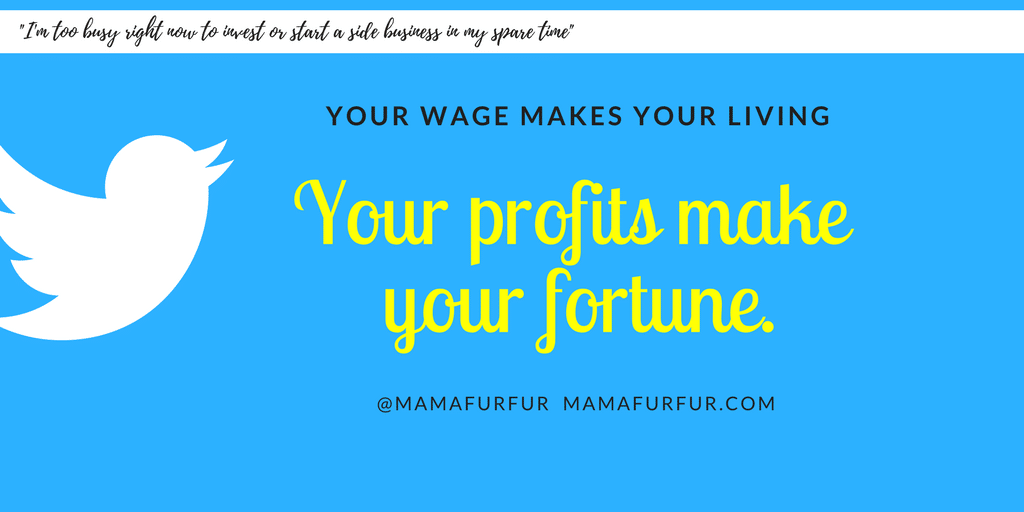
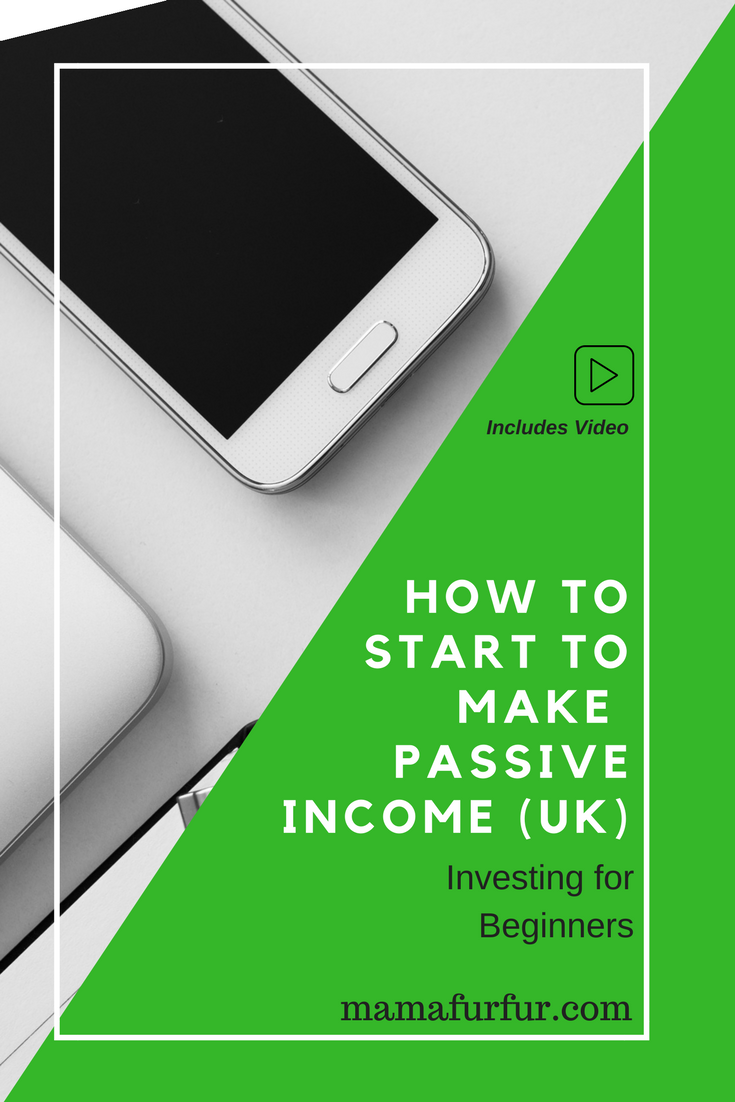
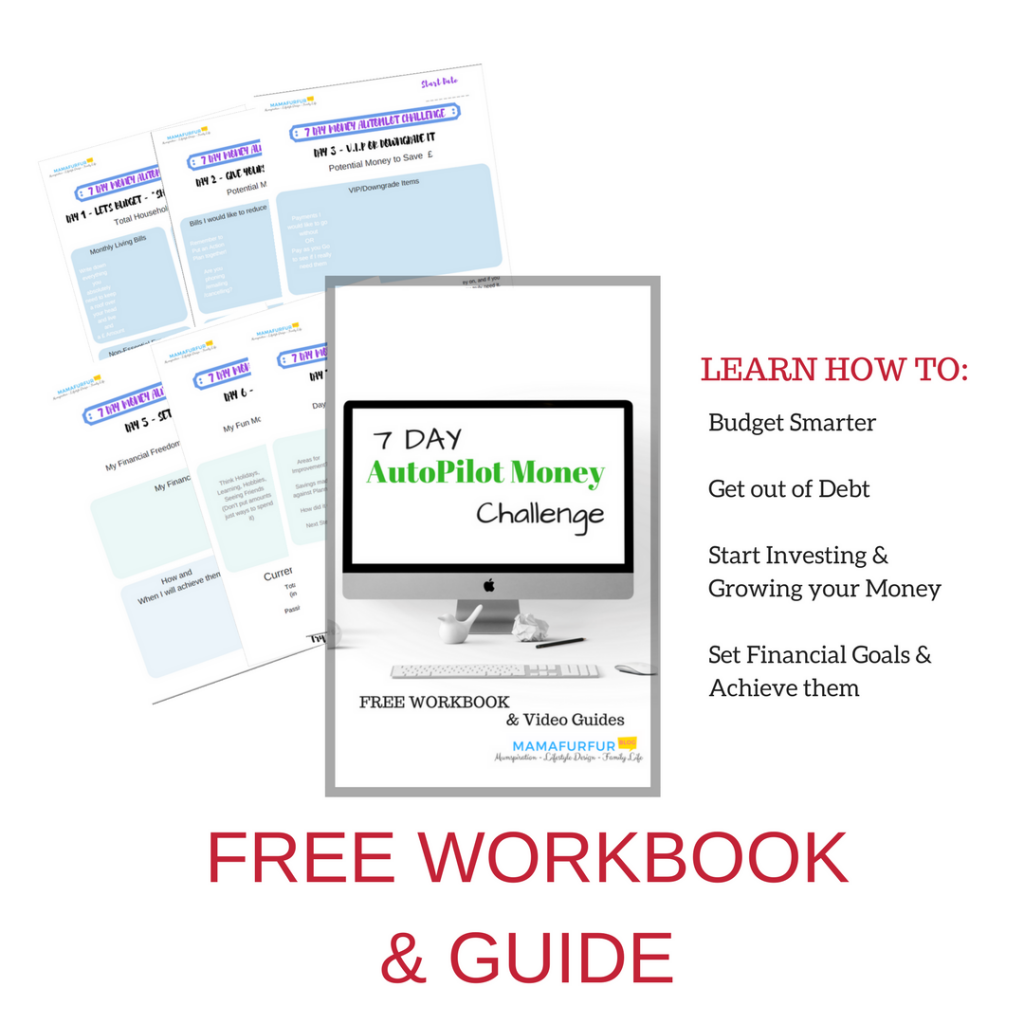


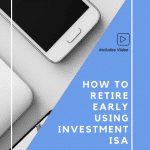




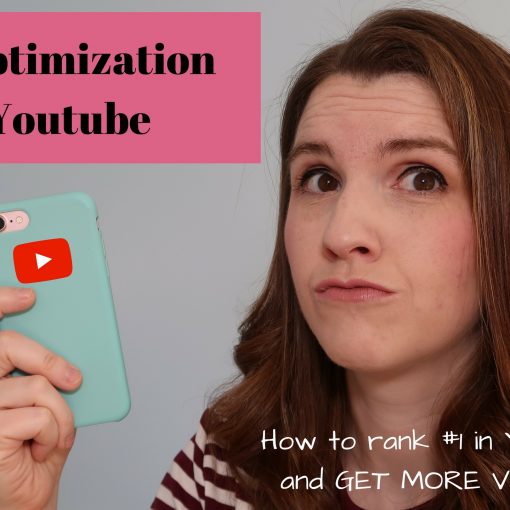


One thought on “Investing for Beginners ¦ How to Start to Make Passive Income UK”
This is really interesting and great tips for those starting out or a bit nervous xx